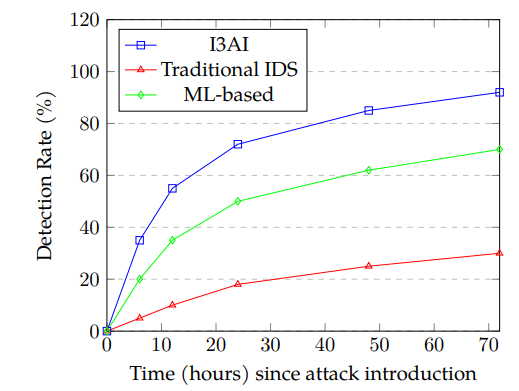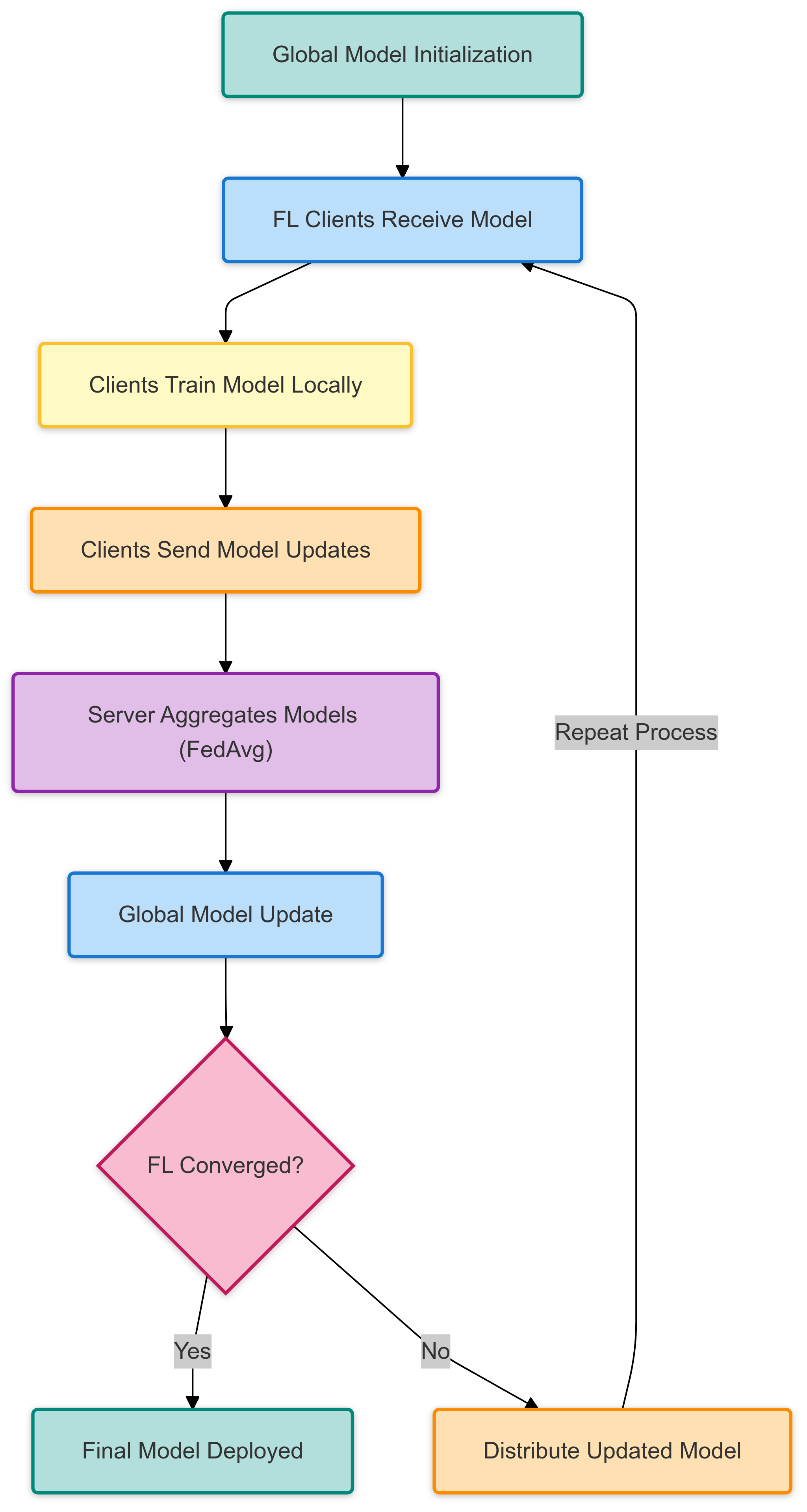ICCK Transactions on Emerging Topics in Artificial Intelligence | Volume 2, Issue 3: 157-168, 2025 | DOI: 10.62762/TETAI.2025.270695
Abstract
The rapid expansion of edge computing and Internet of Things (IoT) ecosystems has introduced new cybersecurity challenges, particularly in decentralized, resource-constrained environments where traditional security models often fall short. This paper proposes an immune-inspired artificial intelligence framework (I3AI) that draws on core principles of biological immune systems including self-organization, local learning, and immune memory to enable adaptive, privacy-preserving defense mechanisms across distributed edge nodes. The architecture incorporates federated learning to maintain a decentralized threat intelligence network while ensuring data privacy and minimal communication overhead.... More >
Graphical Abstract



